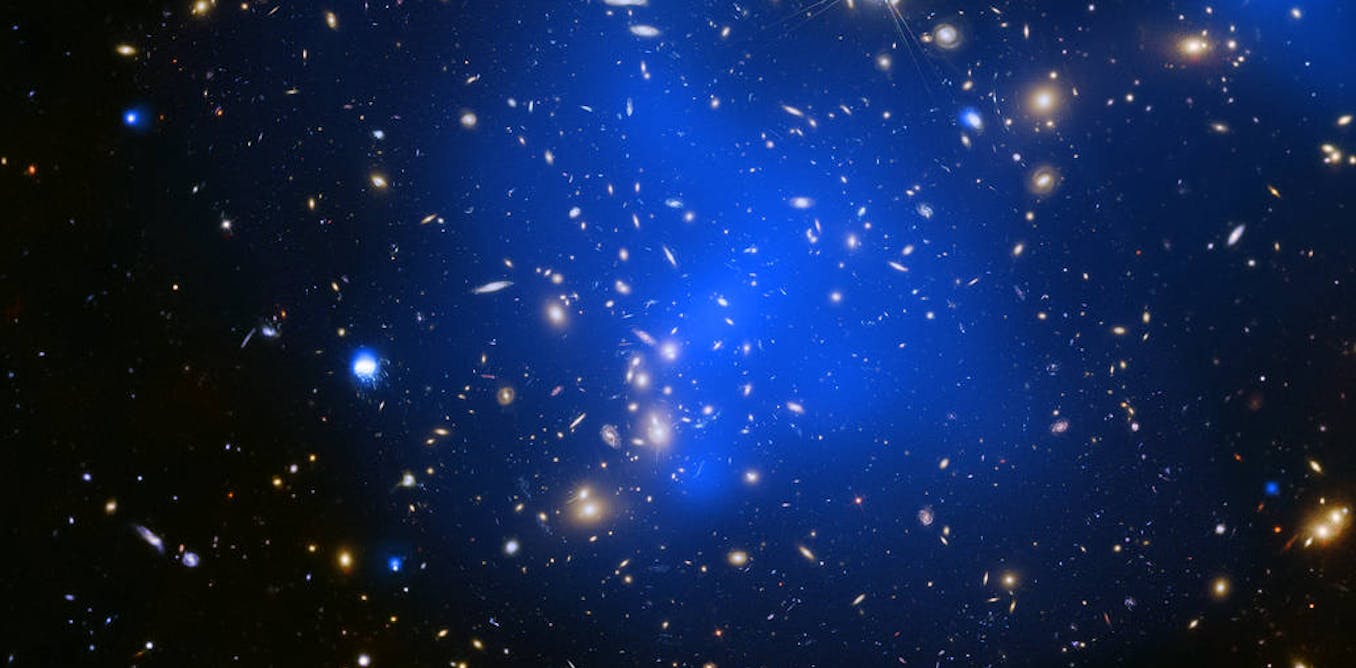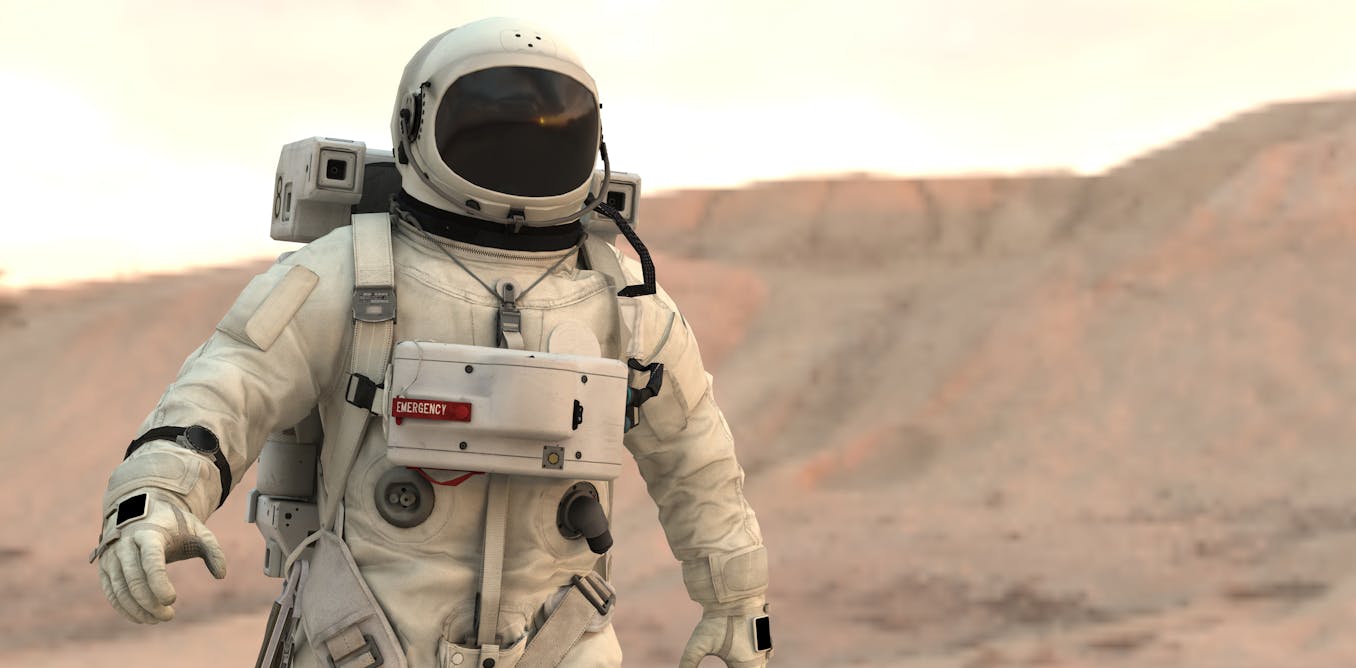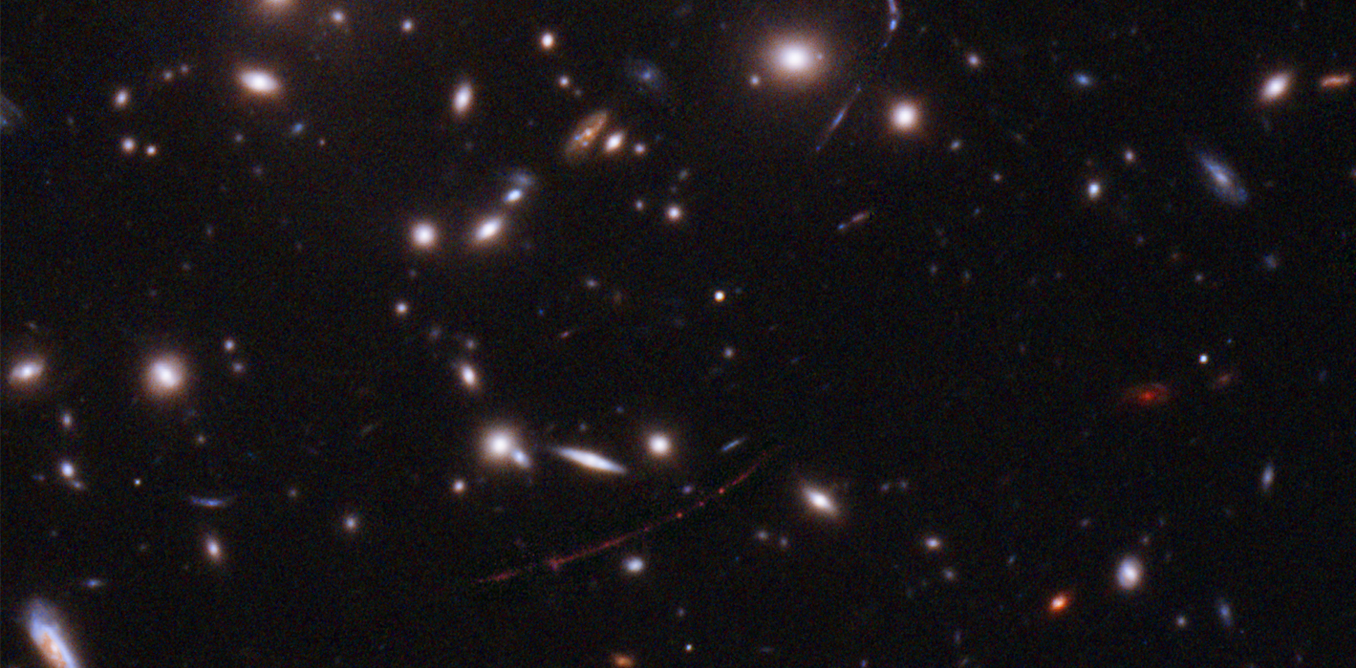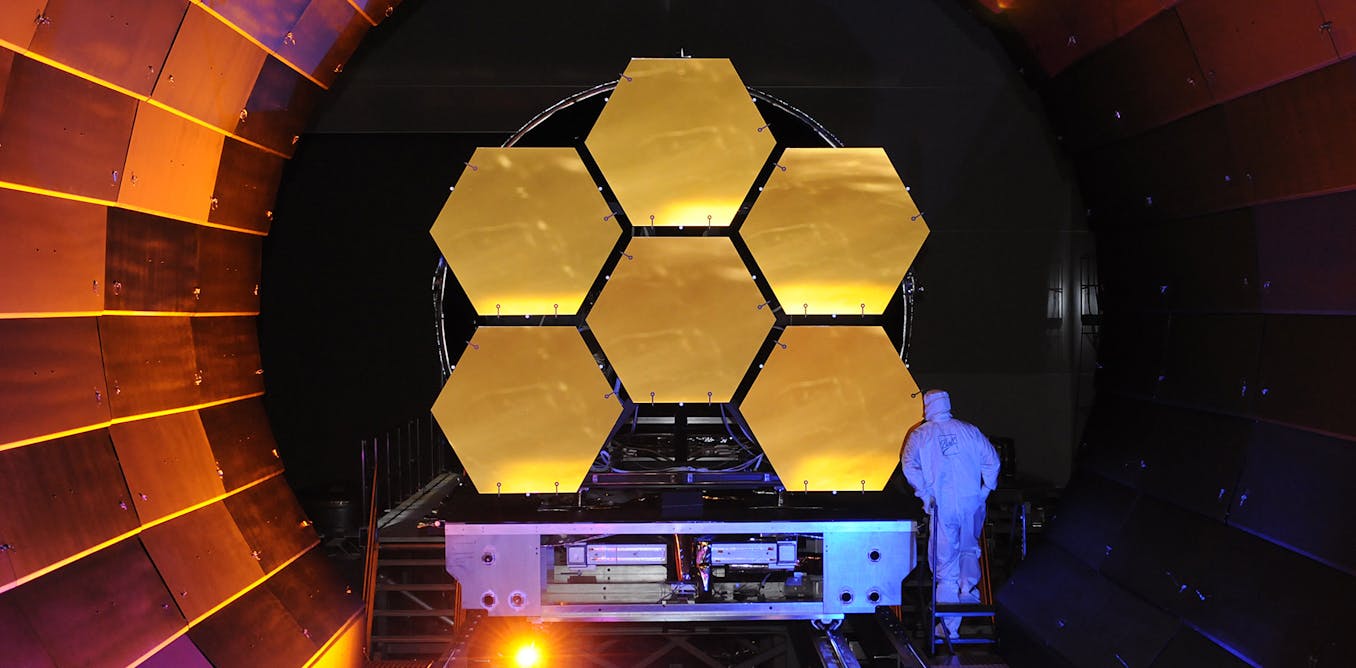Looking back toward cosmic dawn − astronomers confirm the faintest galaxy ever seen
The universe used to be filled with a hydrogen fog, before early stars and galaxies burned through the haze. Astronomers are studying galaxies that tell them about this period in the early universe.
Aug. 8, 2023 • ~9 min






